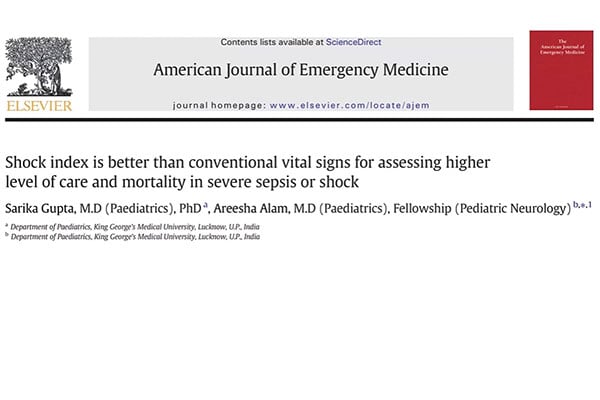COVID-19 Healthcare Quality and Worker Safety Information
Selected Adverse Events Reported after COVID-19 Vaccination - CDC is providing timely updates on the following adverse events of interest:
Anaphylaxis after COVID-19 vaccination - Anaphylaxis after COVID-19 is rare and has occurred at a rate of approximately 5 cases per one million vaccine doses administered. Anaphylaxis, a severe type of allergic reaction, can occur after any kind of vaccination. If it happens, healthcare providers can effectively and immediately treat the reaction. Learn more about COVID-19 vaccines and allergic reactions, including anaphylaxis.
CDC scientists have conducted detailed reviews of cases of anaphylaxis and made the information available to healthcare providers and the public:
- Allergic Reactions Including Anaphylaxis After Receipt of the First Dose of Pfizer-BioNTech COVID-19 Vaccine
- Reports of Anaphylaxis After Receipt of mRNA COVID-19 Vaccines in the US-December 14, 2020-January 18, 2021
- Allergic Reactions Including Anaphylaxis After Receipt of the First Dose of Moderna COVID-19 Vaccine- United States, December 21, 2020-January 10, 2021
- Allergic Reactions Including Anaphylaxis After Receipt of the First Dose of Pfizer-BioNTech COVID-19 Vaccine - United States, December 14-23, 2020
To learn more, please visit: Selected Adverse Events Reported after COVID-19 Vaccination | CDC
Post-COVID Conditions: CDC Science: How CDC is using science to learn more about post-COVID conditions (or long COVID) - CDC is analyzing healthcare data, partnering with clinicians, and working with researchers to learn more about post-COVID conditions (Long COVID).
Post-COVID conditions (PCC, or Long COVID) are a wide range of new, returning, or ongoing health problems people can experience four or more weeks after first being infected with the virus that causes COVID-19. To learn more, please visit: Post-COVID Conditions: CDC Science | CDC
Related Content



Feb 25, 2021
Trailblazers in Emergency Medicine : CCM
The EMRA Critical Care and D&I Committees hosted a fireside chat discussing the integral role of women and URiM in EM-CC. This discussion will launch an initiative designed to increase representation and mentorship for URiM and women in emergency medicine critical care fields.




